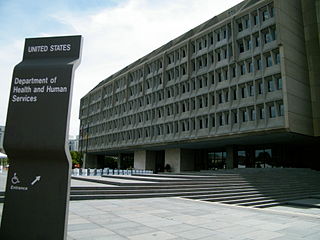|
…that’s up from 13 million when Vermont’s Act 39 was passed.
Our persistent work in Vermont to make sure people have access to end-of-life choice is having an impact across the country. Nine jurisdictions have medical-aid-in dying laws providing end-of-life choice. Maine may soon become the eighth, having just voted to approve the Maine Death with Dignity Act. Twenty-four more states are considering the legislation. In their order of adoption, these seven include: Oregon, Washington, Vermont, Colorado, California, Hawaii, and New Jersey plus the District of Columbia.
2 Comments
 Perhaps you came across the May 13, 2019 opinion piece in the New York Times entitled, "Can Doctors Refuse to Treat a Patient?" which goes on to answer its rhetorical question with, "The Trump administration says they may, if treatment would violate their religious views." The Times article discusses a proposed new federal rule from the US Dept of Health and Human Services. We want to take this opportunity to confirm that… The proposed new rule will change nothing here in Vermont regarding Act 39. PCV watches for rules like this in case there is action that needs to be taken. Background: Since the 1970's numerous laws have been adopted that enable medical professionals to decline to provide specific medical services including abortion and medical aid in dying. These laws were adopted under both Republican and Democratic administrations. The new proposed rule would give stronger enforcement capability to the Office of Civil Rights of the US Dept of Health and Human Services. In other words, medical professionals who have religious or moral objections to providing certain kinds of services will have a strong ally in the US government to help them avoid any consequences from refusing to provide services that conflict with their beliefs. Act 39: Vermont’s Act 39 already makes it voluntary for physicians to prescribe medical aid in dying for patients. Therefore, the proposed new rule would have no impact. Federal Laws Relevant to Act 39:
Alarming Nevertheless: The proposed rule is focused on abortion, but it also relates to medical aid in dying and contraception. Certain definitions may be expanded to allow less coverage for women’s health by insurers and employers. The rule is alarming because it puts doctors’ beliefs ahead of patient needs with the result that patients have to be even more vigilant to make sure that they learn of all their options and are prepared to advocate for their health care needs. A good in-depth analysis is provided by Health Affairs journalist Katie Keith in "Trump Administration Prioritizes Religious and Moral Exemptions for Health Care Workers." |
Categories
All
Archives
July 2024
|
Proudly powered by Weebly

 RSS Feed
RSS Feed